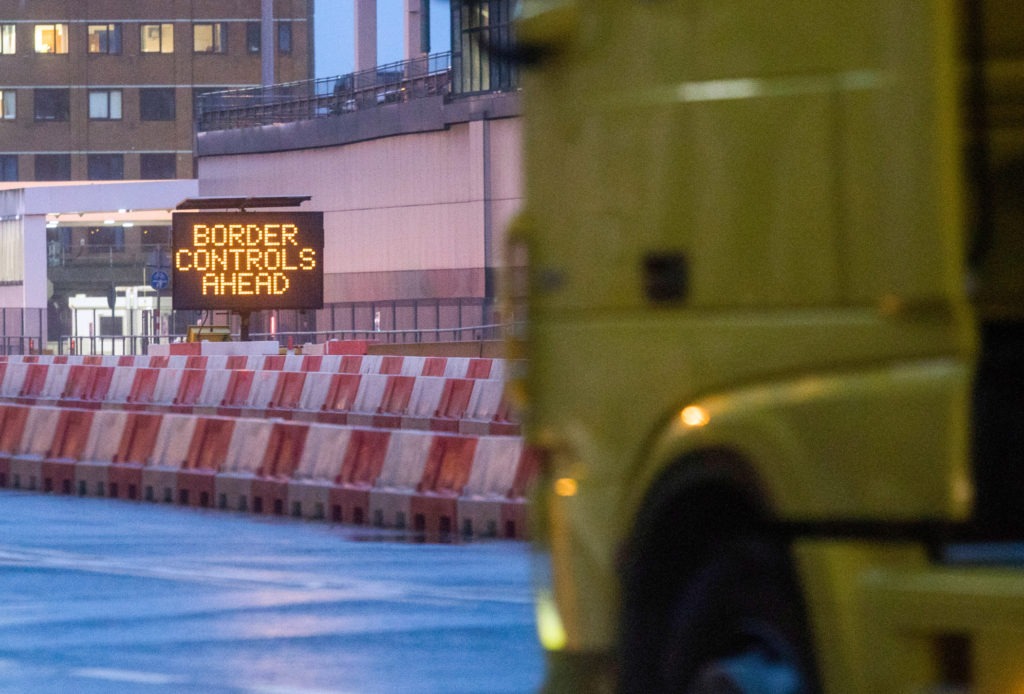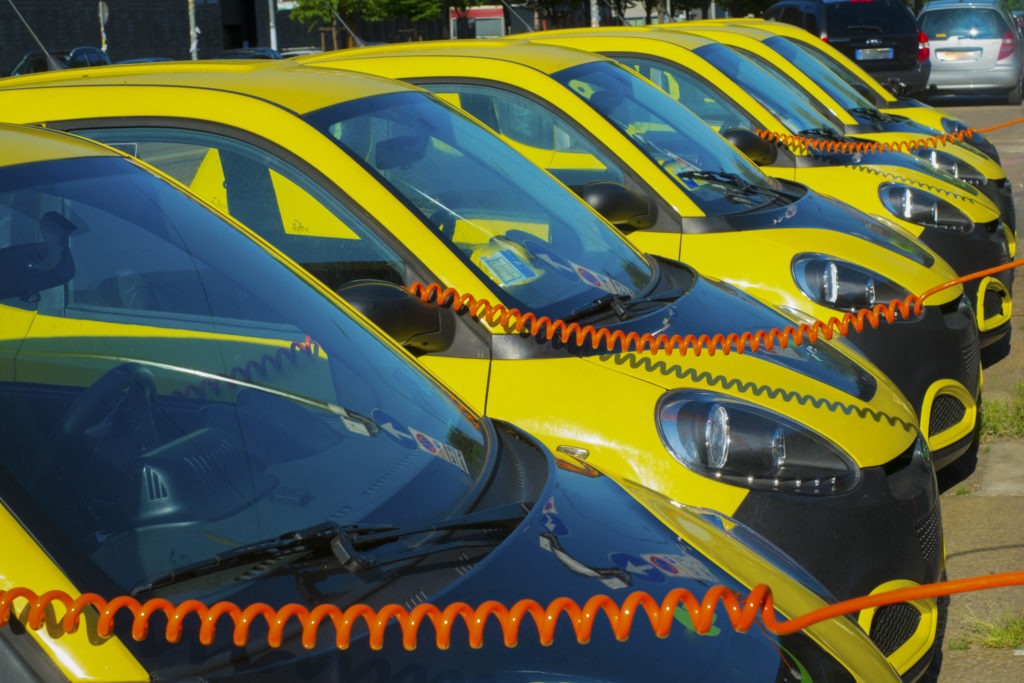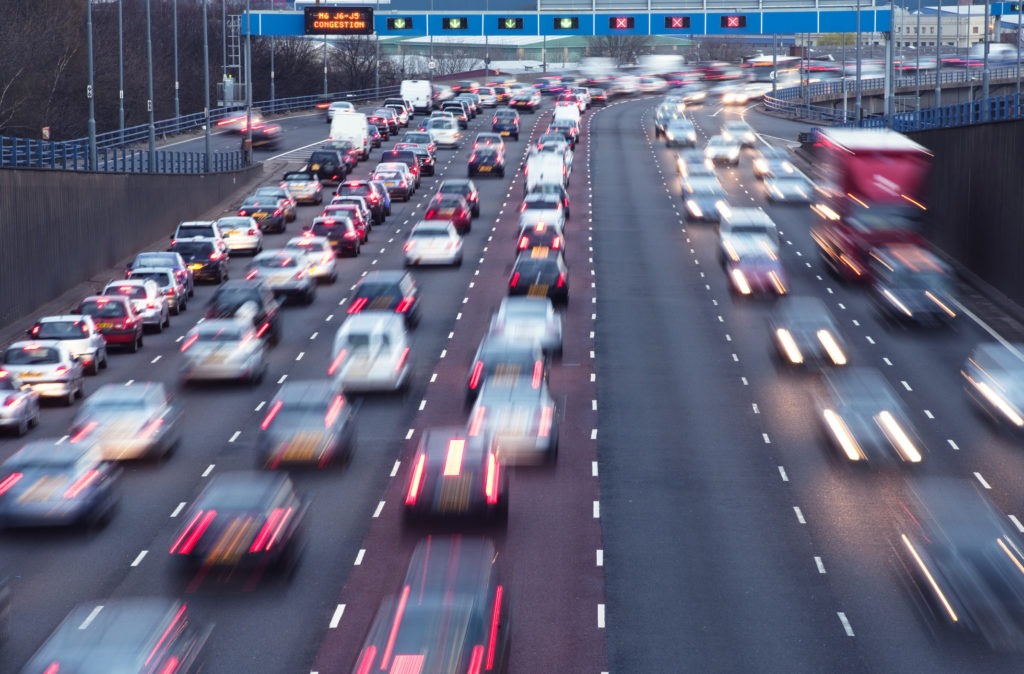Brexit bombards automotive industry with increased costs, paperwork, and delays
09 February 2022

A UK business specialising in Italian sportscars might once have operated with ease. Now there is a need for a designated European branch to overcome the barriers erected by Brexit.
GTO Parts, the car component arm of Ferrari specialist GTO Engineering, has established an Italian entity, which will open a site in Modena. The company states this is in response to Brexit and difficulties with European shipping customs.
The supplier is not alone as the automotive industry struggles, not only with COVID-19 fallout and cracked supply chains, but a post-Brexit reality. A new report by the UK’s Public Accounts Committee (PAC) points to a ‘clear increase in costs, paperwork, and border delays’ for businesses since Brexit.
International shipping was never a simple process. But with the pandemic, cracked supply chains and Brexit, automotive companies are having to adapt to especially difficult circumstances. While localising operations to specific markets might seem like a drastic step, it could certainly help soothe shipping stresses.
Italian initiative
Brexit has put a great deal of strain on the automotive industry. Once prosperous just-in-time delivery systems have become clogged with additional bureaucracy. For some companies, this has been enough motivation to consider how they do business.
GTO Parts new location will open in the spring. Already operating in the UK and the US, the company’s Modena base will house components, and act as a European hub for inventory, while also dealing with shipping.
‘We know that we [GTO Engineering and GTO Parts] are not alone with the frustrations of shipping, customs and duties for items sent from the UK to Europe post-Brexit,’ said Mark Lyon, founder and MD of GTO Engineering. ‘Our response has been to invest in a new base for our company to help reduce some of the hassle and confusion for our customers, and also to source parts from European sellers.’
‘We will now be able, with clarity, to confirm the exact duty to be paid and ensure only one set of VAT/taxes will be applicable, compared to our current predicament that duties are paid by European clients on receipt of items sent by us from the UK,’ he added.
Increasing costs
UK trade volumes have been suppressed by COVID-19 and other global measures, but the PAC report recognises that the ‘EU exit has had an impact, and that new border arrangements have added costs to business.’ A new entry and exit system could also mean further port checks, which is of particular concern at key shipping locations like Dover, a major route for automotive companies.
‘One of the great promises of Brexit was freeing British businesses to give them the headroom to maximise their productivity and contribution to the economy – even more desperately needed now on the long road to recovery from the pandemic,’ said Dame Meg Hillier MP, PAC chair. ‘Yet the only detectable impact so far is increased costs, paperwork and border delays.’
At the end of the transition period, the EU introduced full import controls. The PAC report points out that the UK government has delayed its plans to do the same three times over the last year. There could be an additional delay, with officials unable to confirm this would not happen again. The committee labelled the government’s plan to create the ‘most effective border in the world’ by 2025 as a ‘noteworthy ambition.’ But it went on to state that this is optimistic given the present situation.
‘Grind to a halt’
Following the publication of the report, trade body Logistics UK highlighted its concern that ports like Dover could ‘grind to a halt’ in summer. The organisation urged the government to place urgent focus on border arrangements, with much needed to be done to keep the UK trading with its closest business market.
‘Our industry has made huge strides in preparing for new border and customs arrangements with the EU since the Withdrawal Agreement was signed,’ said Sarah Laouadi, Logistics UK’s policy manager for European road freight. ‘But the imposition of new import checks this summer and introduction of new border processes could have a significant impact on the ability of UK businesses to trade effectively in the future.’
The timely arrival of automotive components could be significantly hindered by a new passport control system, which will be introduced. It would require drivers to leave their vehicles to undergo checks, potentially congesting traffic on both sides of the channel. Pointing to previous modelling, Logistics UK pointed out that a two-minute delay at the border could create up to 29 miles (46km) of queuing traffic.
‘While the government seems to be confident that all planned Border Control Posts (BCPs) will be built and staffed in time for July – albeit with interim arrangements and temporary facilities in certain cases – our main concern is the lack of details about the type of commodities that will be accepted at each location, which is crucial for businesses to rearrange their routes and operations, if necessary,’ Laouadi added.



